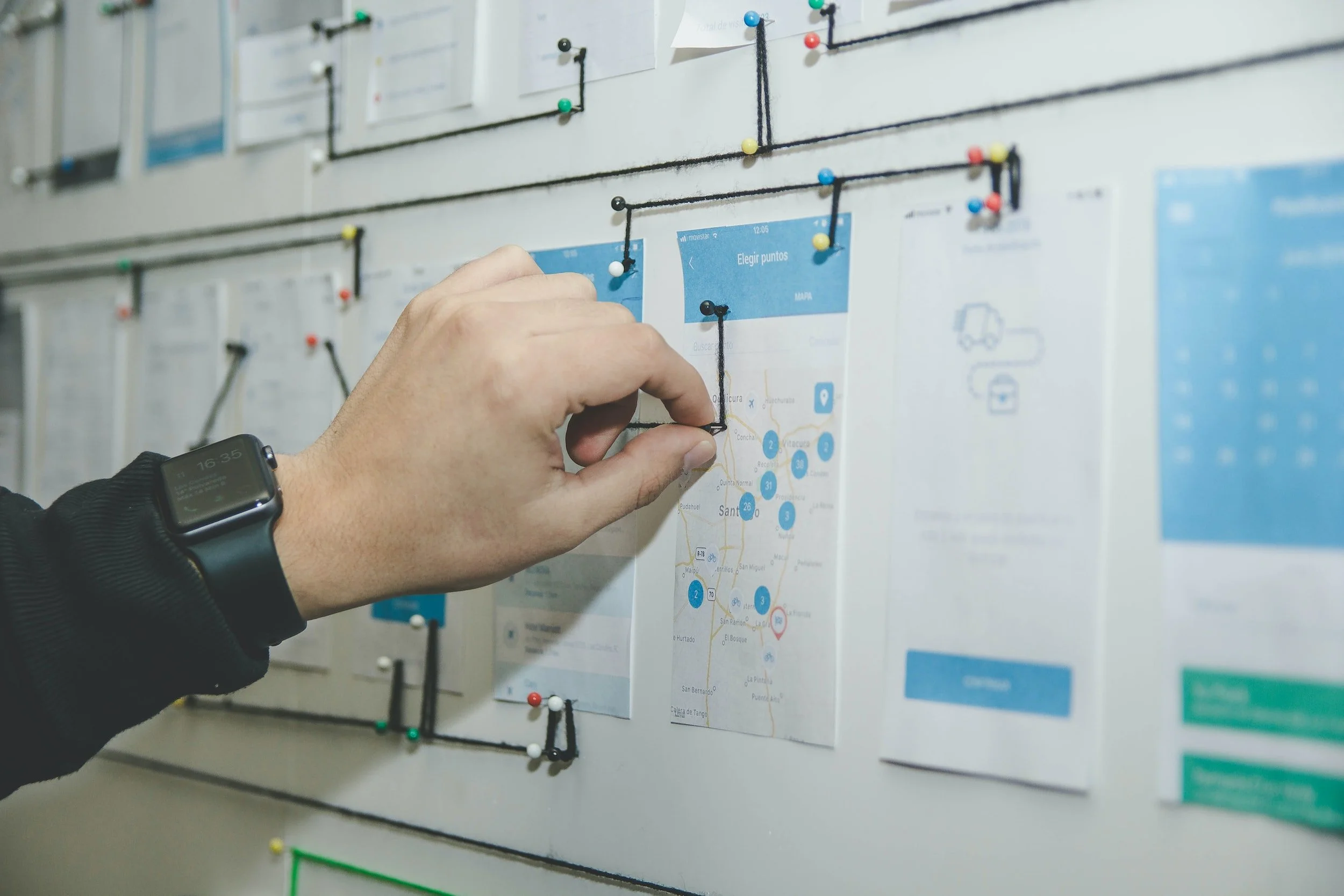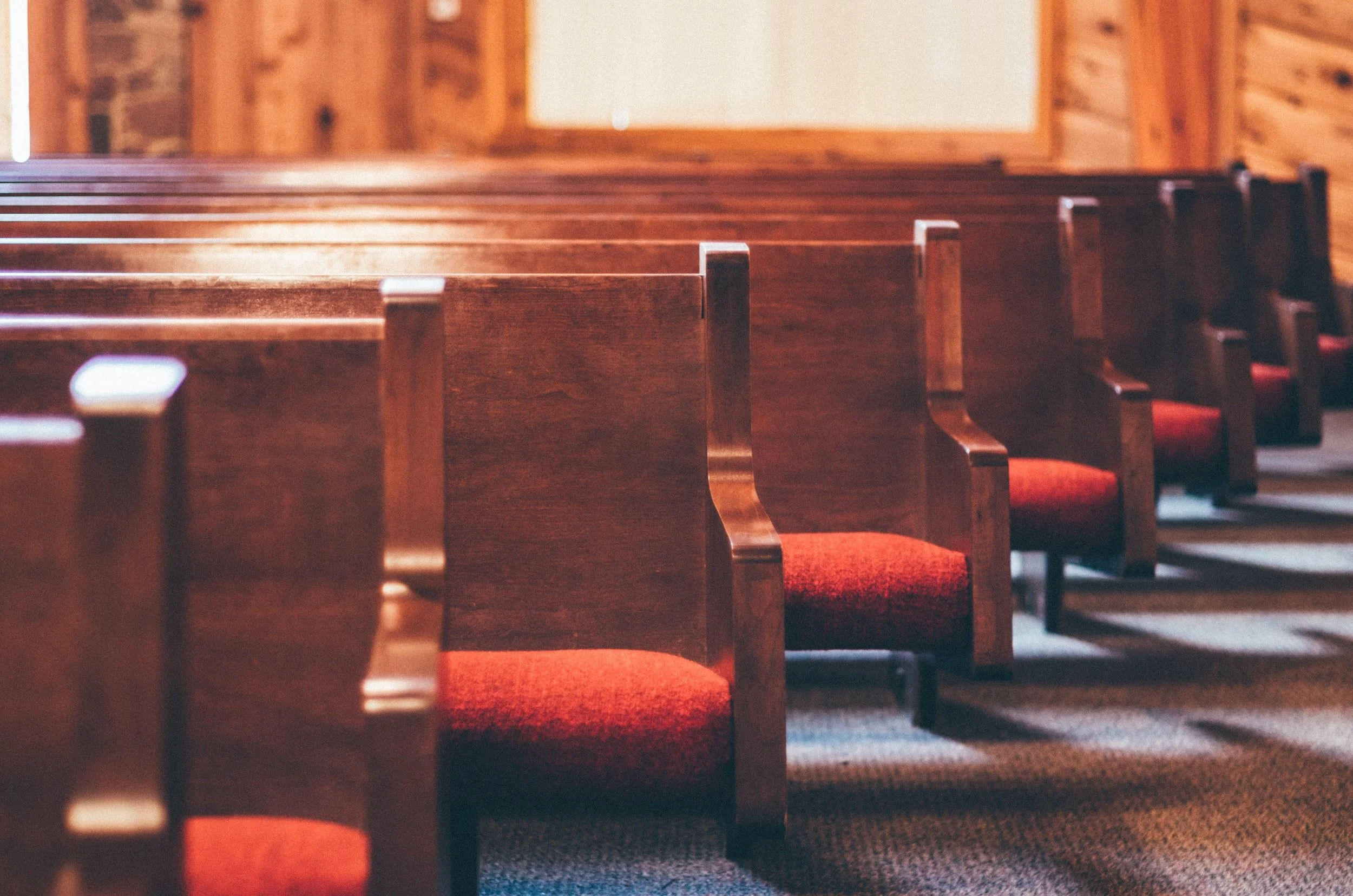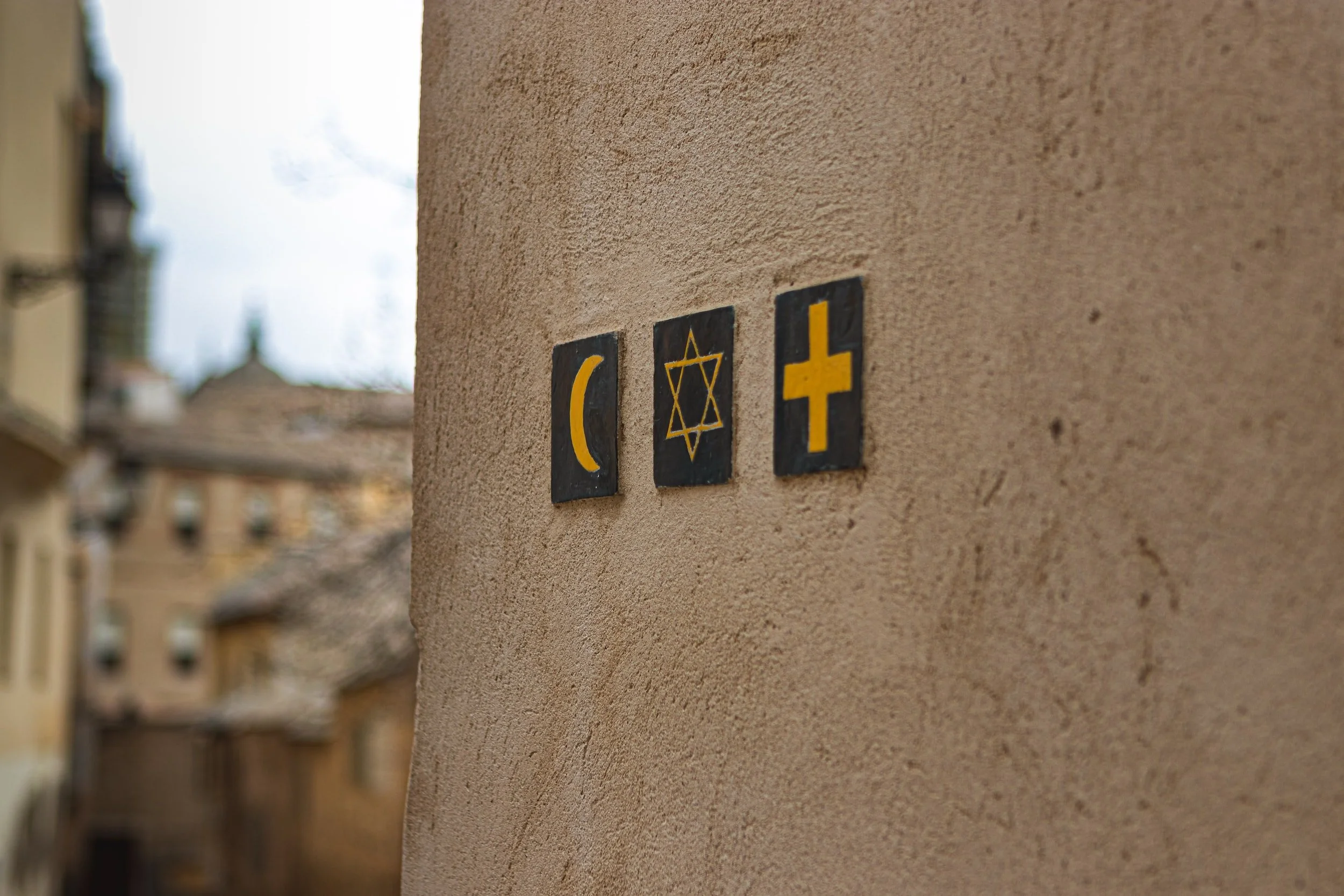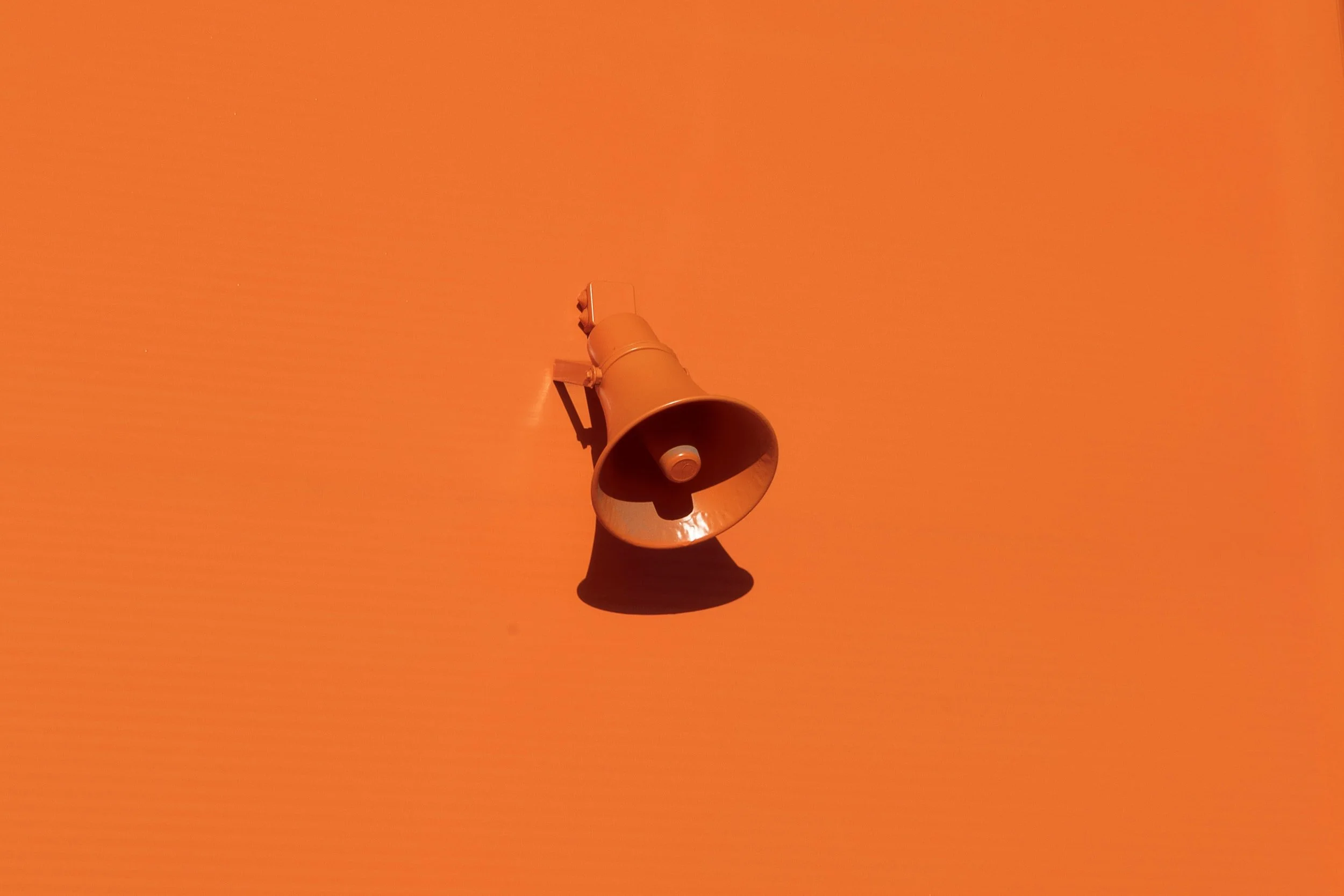Episode 07. Relying on Courts
We make plans in life with assumptions about our legally recognized rights in the background. For our plans to make sense, the law has to stay consistent over time: if it changes, our plans might no longer make sense. So, what happens when courts change their mind on the law? Should judges consider how people have relied on the law in the past in deciding what the law should be now? Nina Varsava (University of Wisconsin) joins Nicos and George on this episode to discuss the value of reliance in the law, in light of the US Supreme Court’s decision to overturn Roe v Wade.
Episode 06. Freedom of Religion Pt 2: Slipping From Secularism
How can governments protect exercise of religion while maintaining a secular state? In the second part of our discussion on freedom of religion, Micah Schwartzman (Virginia) explains how decisions of the US Supreme Court extend religious freedom in ways that undercut the state’s commitment to secularism, by granting exemptions to general laws when those exemptions lack real justification.
Episode 05. Freedom of Religion Pt 1: What is Freedom of Religion?
When is it wrong to stop people practising their religion? When should exemptions to laws be granted on religious grounds? In a two-part discussion, our special guests Lawrence Sager (UT Austin) and Micah Schwartzman (Virginia) talk with George and Nicos about how to understand freedom of religion. In the first episode, Sager argues that the key responsibility of governments is to treat everyone with ‘equal regard’. Government fails to do that when it displays attitudes which devalue individuals because of their religious beliefs.
Episode 04. Dobbs: Abortion in the Supreme Court
The US Supreme Court recently overruled its decision in Roe v Wade, removing women’s right to access abortions. In this episode, US constitutional law expert Harry Litman joins George and Nicos to discuss whether the Court’s decision is consistent with its other decisions on constitutional rights, what it is for a right to be protected by the constitution, and how that question may be affected by public political opinion.
Episode 03. Should we clean up and balance Twitter content?
Twitter has made it easier than ever for people to express their views. This comes with certain costs. We might be exposed to harmful views, be fed a diet of political views which is unbalanced, or end up in an ‘echo chamber’. What should social media do in response to these problems, and should government get involved? Jeffrey Howard (UCL) joins Nicos and George to discuss these questions.
Episode 02. De-platforming
In this episode, George and Nicos discuss de-platforming in the context of universities: cancelling the invitation of a speaker due to their political or social views. Does this practice impinge on freedom of speech? And what role should universities play in giving a platform to different points of view in contemporary society?
Episode 01. Freedom of Movement
Why do we have a right to freedom of movement? What does it really protect, and what are its limits? In this episode, George and Nicos see what lies beneath this right, and ask whether it is compatible with the kind of lockdown restrictions used to combat the spread of Covid-19 during the pandemic.






